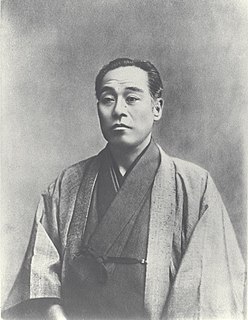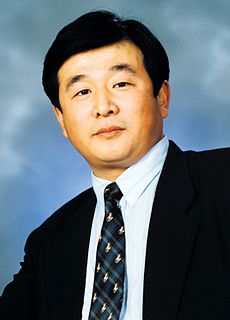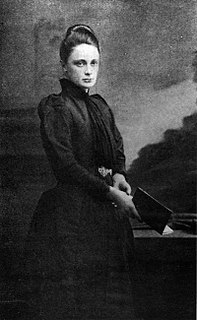A Quote by William Godwin
The extent of our progress in the cultivation of knowledge is unlimited.
Related Quotes
In its broad sense, civilization means not only comfort in daily necessities but also the refining of knowledge and the cultivation of virtue so as to elevate human life to a higher plane... It refers to the attainment of both material well-being and the elevation of the human spirit, [but] since what produces man's well-being and refinement is knowledge and virtue, civilization ultimately means the progress of man's knowledge and virtue.
God doesn't help. I think that's a knockdown argument. I think that it really shows that whatever moral knowledge we have and whatever moral progress we make in our knowledge or whatever progress we make in our moral knowledge is not coming really from religion. It's coming from the very hard work really of moral philosophy, of trying to ground our moral reasonings.
The growth of all the plants of the garden from seeds and roots keep us mindful, in accordance with of the Parable of the Sower, of the need for our loving, mortified reception and cultivation in our hearts and souls of the seeds and roots of the supernatural gifts and virtues necessary for progress in the ascetical/mystical ascent of our souls toward union with God and with the divine will for Creation and Kingdom
Keep the extent of your abilities unknown.The wise man does not allow his knowledge and abilities to be sounded to the bottom, if he desires to be honored at all. He allows you to know them but not to comprehend them. No one must know the extent of his abilities, lest he be disappointed. No one ever has an opportunity of fathoming him entirely. For guesses and doubts about the extent of his talents arouse more veneration than accurate knowledge of them, be they ever so great.
Even those who have desired to work out a completely positive philosophy have been philosophers only to the extent that, at the same time, they have refused the right to install themselves in absolute knowledge. They taught not this knowledge, but its becoming in us, not the absolute but, at most, our absolute relation to it, as Kierkegaard said. What makes a philosopher is the movement which leads back without ceasing from knowledge to ignorance, from ignorance to knowledge, and a kind of rest in this movement.







































